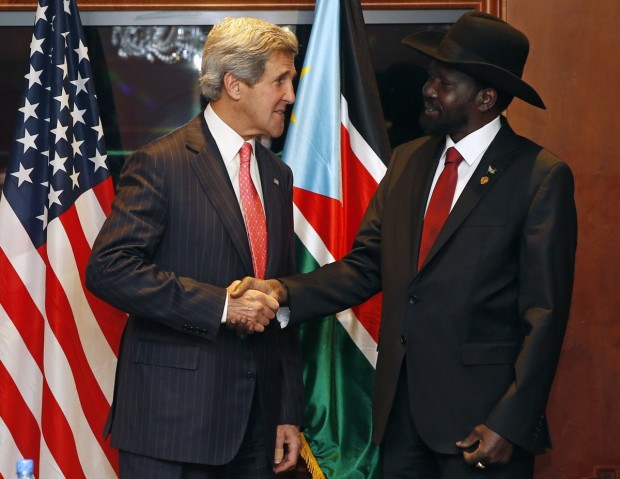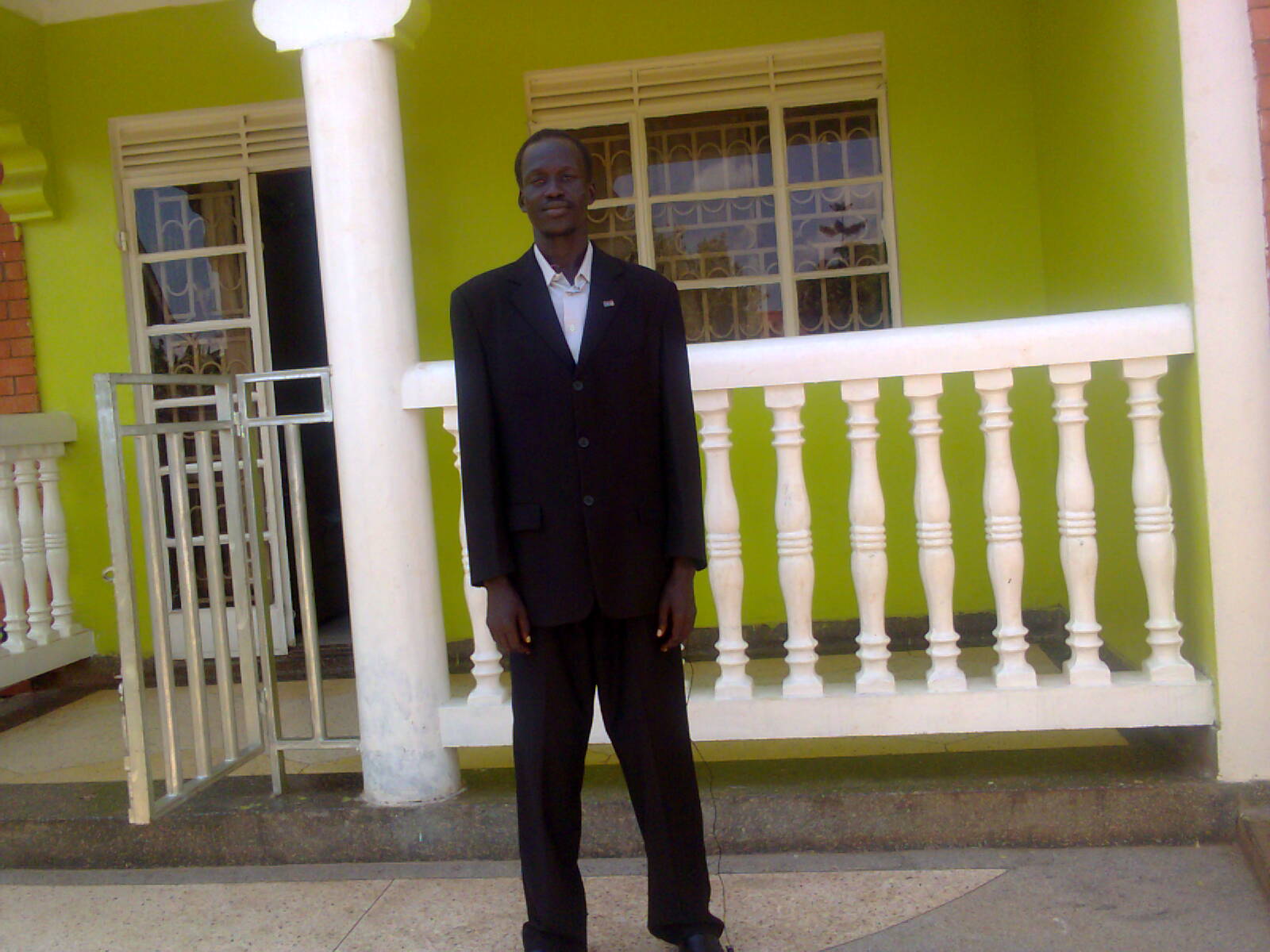By
Dukhan Jundit
The United States, believed by most South Sudanese to be a friend in their stand for peace in the country, have contradicted themselves in their motivation as the world’s champion of democracy by accepting an illegitimate Vice President General Taban Deng Gai to land on its soil as representative of President Kiir.
The U.S., which was a friend to South Sudan in the past decades of war, has turned against the mission and vision of the secession from Sudan.
Last month while Secretary of State John Kerry was on tour in Africa, he said the appointment of Taban Deng as Vice President doesn’t break his law. Kerry referred to the Taban appointment as legal.
The same statement was followed by Donald Booth, respesentative for both South and South Sudan, saying it would be a mistake if Machar-Teny would be reinstated as First Vice President, while addressing Congress.
The United States, a country that is believed by many nations to be in crisis, is now losing credibility as an advocate for world democracy after it failed to restore peace in South Sudan and Syria.
It is not clear why the U.S., UK and France supported the separation of South Sudan from Sudan if they would not be able to solve the civil war when a peace agreement had already been signed.
Thanks U.S., your stance doesn’t confuse the South Sudanese alone but Africa as a continent.
In 2005 the Sudan peace agreement was handled successfully because the U.S. stance was clear and the Republic Party was the ruling party.
If the U.S. will not stand firmly with the principle of democracy, it will never solve other countries’ problems, nor will it rule the world.
Dr Riek Machar-Teny went to Juba last month believing that the U.S., UK and other Western countries may support Peace but the failed agreement was the last option for the United States to be trusted by the South Sudanese and Africa as a continent.



No Comments Yet!
You can be first to comment this post!